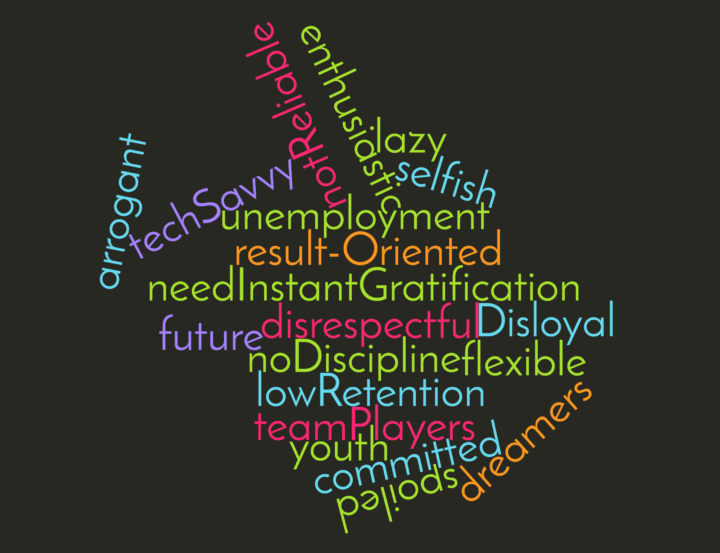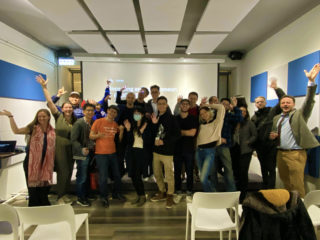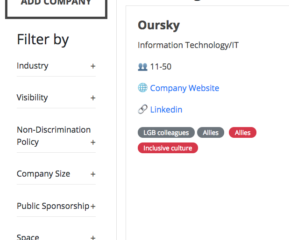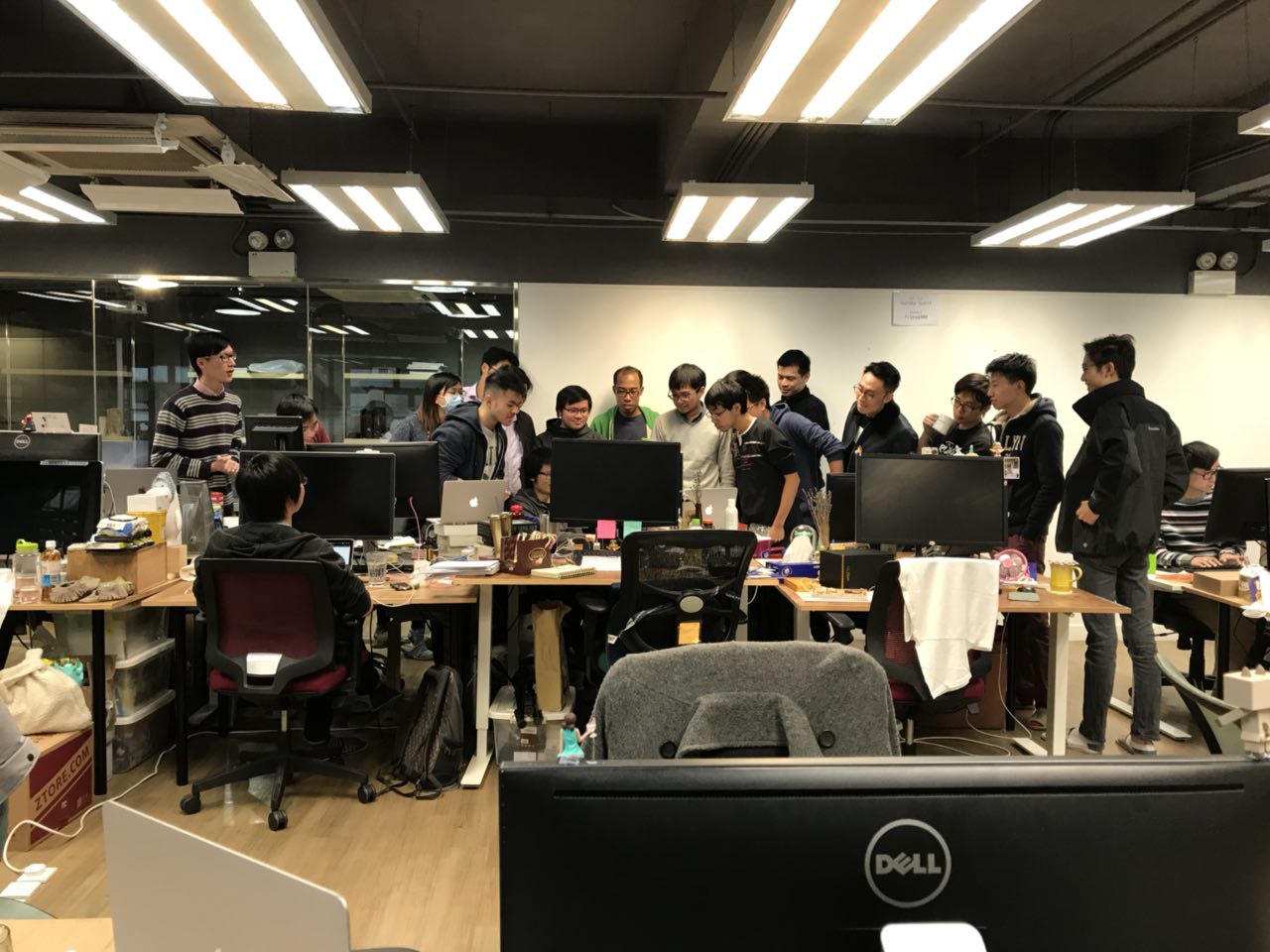
Most businesses nowadays often face a long-due question: how do we attract new talent? As baby-boomers continue to retire, companies are increasingly feeling the pressure to attract and retain the next generation of talent. The young-hires, known as “millennials”, are an entirely different breed from their predecesors. Who are these “millennials” and how are organisations appealing to this fresh wave of talent? This article is an overview of where to start.
Who are millennials and what are they good at?
Millenials are loosely the people born in the 80s and 90s. As the first generation to come of age during the rise of digital technology, they have adopted computers, the internet, smartphones, and social media faster than any prior generations. Their comfort with technology is an invaluable asset to companies adapting to the latest development tools and digital marketing trends, to name just two examples.
Millennials were raised to follow their dreams. They are defined by their individuality, confidence, and a desire to create impact. They tend to focus more on self-actualisation in the workplace. The Deloitte Millennial Survey 2016 has indicated that up to two thirds of millennial employees have planned to jump ship. The same study also finds that only 28% would regard their skill sets are being fully utilised. Many respondents cite a lack of leadership development as an important factor in their decision to depart.
Provide Millennials Workplace Interactions and Mentoring
Purpose and value are thus a defining factor of this generation. According to Fortune, young workers value their personal and professional growth and acquiring skill sets over earning a stable salary. As a result, trainings that tap into employees’ interests, passions and career goals are highly valued. Whereas the notion of bringing an impact to the society, fulfilling a purpose and work-life-balance are very important.
Let Millennials Feel Comfortable to Dedicate Themselves
In order to retain and fully utilise your millennial worker, developing a culture of mentorship and interaction is important. According to a McKinsey article, few companies have developed a strategy to hone mentorship of new employees. But many young people thrive on collaborative work and support. In a culture that emphasises so greatly on individuality, social networks, and a genuine interest in improving the society, this generation always wants more. In fact, they seek an employer that they could truly resonate with, an environment that they could feel comfortable and devote to.
From my personal experience, proper mentorship and interaction could bring a tremendous amount of difference. Once a new joiner into a new industry myself, it was easy to feel disillusioned in the job, especially when I was left alone by busy managers. I found that job quality was often low and I began to question my decision to join the company. Later that year, we had a half-year review with the supervisors and listed out my good points in the job, and set a tailored on-the-job training on areas requiring improvement. What followed was unbelievable: one hour ago walking into the meeting hating the job, I walked out seeing tremendous improvement in job satisfaction, performance, and loyalty to the company.
As a reference in building an inspiring work culture, Millennial Marketing’s list of question can serve as some food for thought: does the company have a clear brand? Does it encourage employee bonding? Does it offer incentives for dedication? And does it serve a purpose? Though these questions can be a great guideline, the bottom line is that the company needs to have a strong purpose which young workers can feel comfortable dedicating themselves to.
Let Millennials Know Your Desire to Make Changes
With a sense of social issues and a desire to make changes, giving millennials a sense of purpose, meaning and self-actualisation would bring their loyalty and performance a long way. Having to know that their output is making an impact not just to the firm, but to the society as a whole, that unique sense of achievement will be far more effective in inspiring and retaining your young employee.
Take Snapask as an example. It is a peer-to-peer tutoring platform that allows students to have instant access to homework problems. Tutors can aid their students for assignments or exam preparations remotely, thus solving one of the major issues in secondary education. Arguably, it is that unique impact it makes to the society that allows startups like these to attract driven millennials to work for them, and later, contribute to is ongoing evolvement.
At the same time, educational startups like Garage Society and First Code academy have endeavoured to provide vital skills such as coding, UX, and digital marketing to the public. They do so with a clear purpose to empower everyone interested in being a tech guru, where First Code Academy even takes one step further in empowering children as young as six as future coders. The perceptive “coolness” of working in tech aside, the very existence of a strong purpose has kept these organisations desirable for the young generation.
To cut through all the mist of who the millennial workers are and what they desire, we only need to take a simple approach. Their tech-savviness, sense of purpose and willingness to grow make them highly desirable. And simply by keeping your workplace engaging, with the right approach to mentorship, and a culture that they can contribute to a common cause comfortable, your company is set to be the millennial star employer.
By the way, we do weekly posts on product development. Subscribe to us so you get your product out sooner!
Have any other user interview tips you’d like to share? Leave us a comment below.
If you find this post interesting, subscribe to our newsletter to get notified about our future posts!










